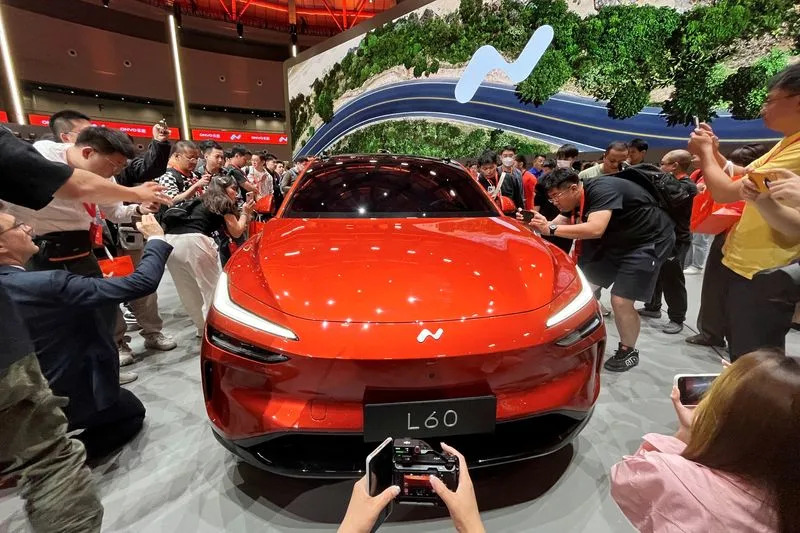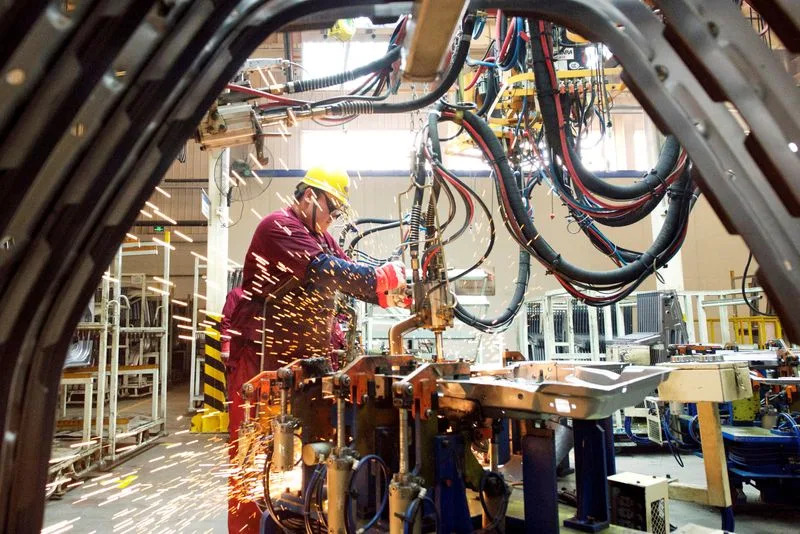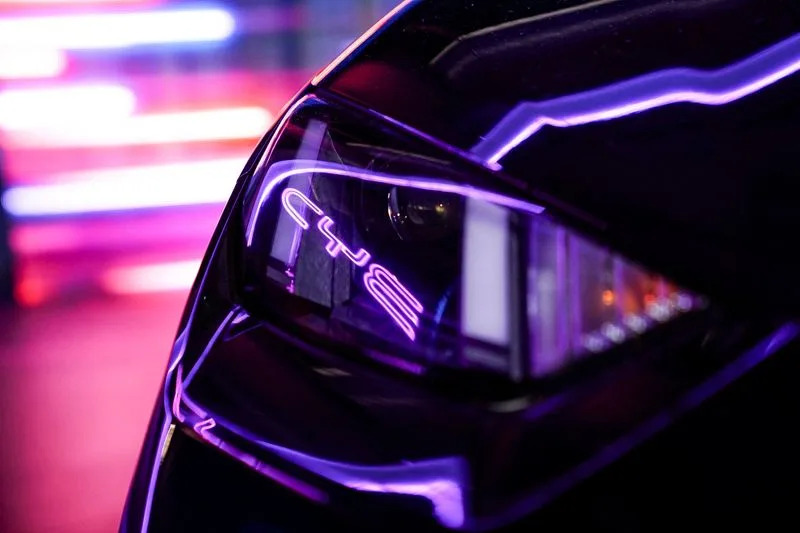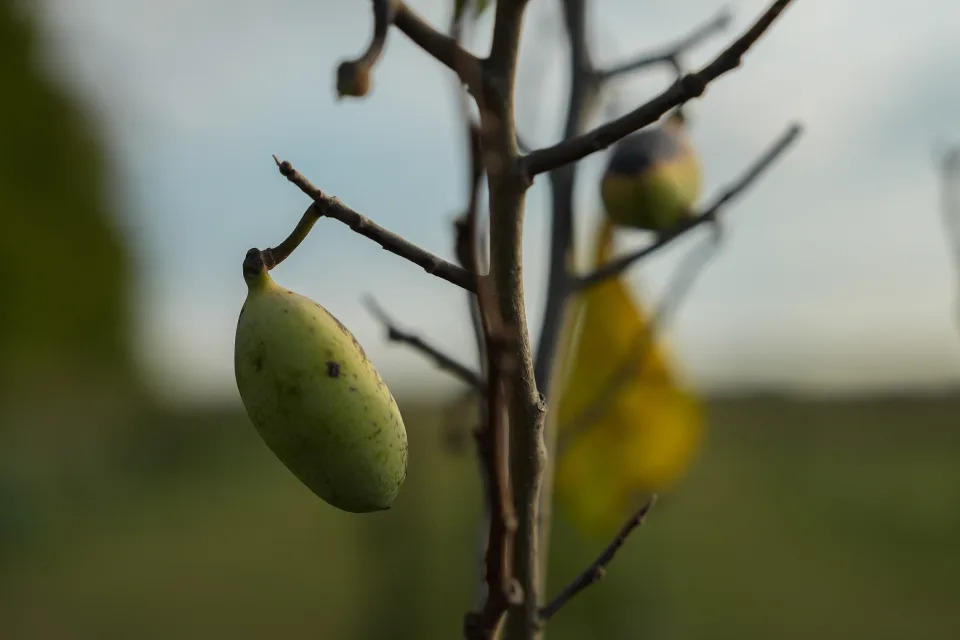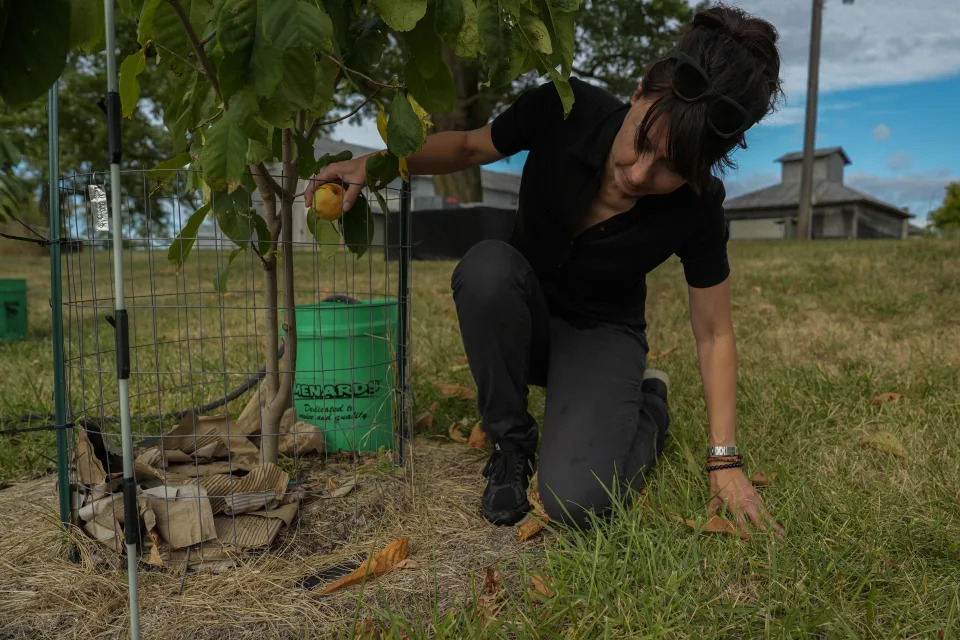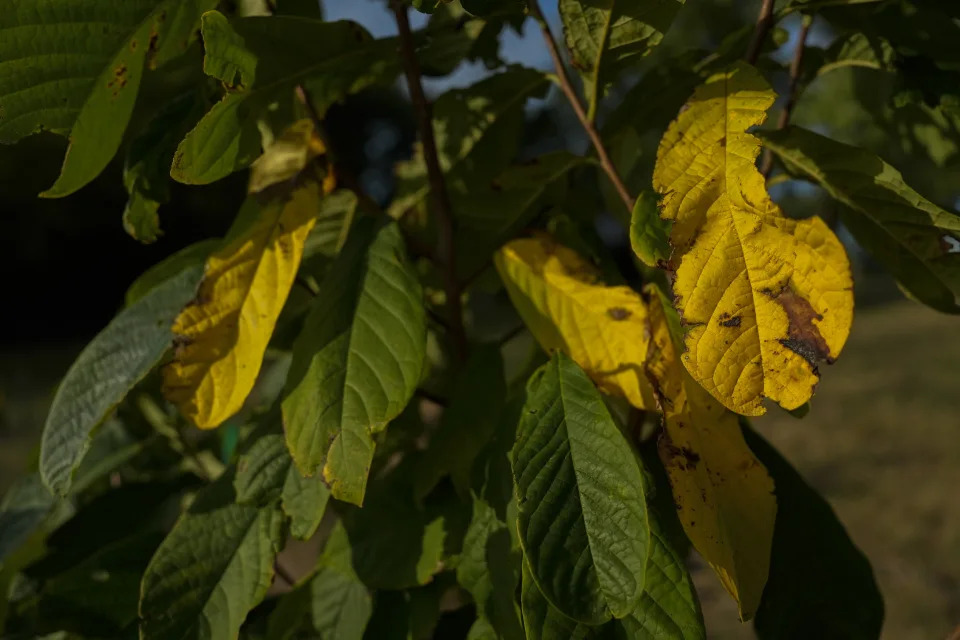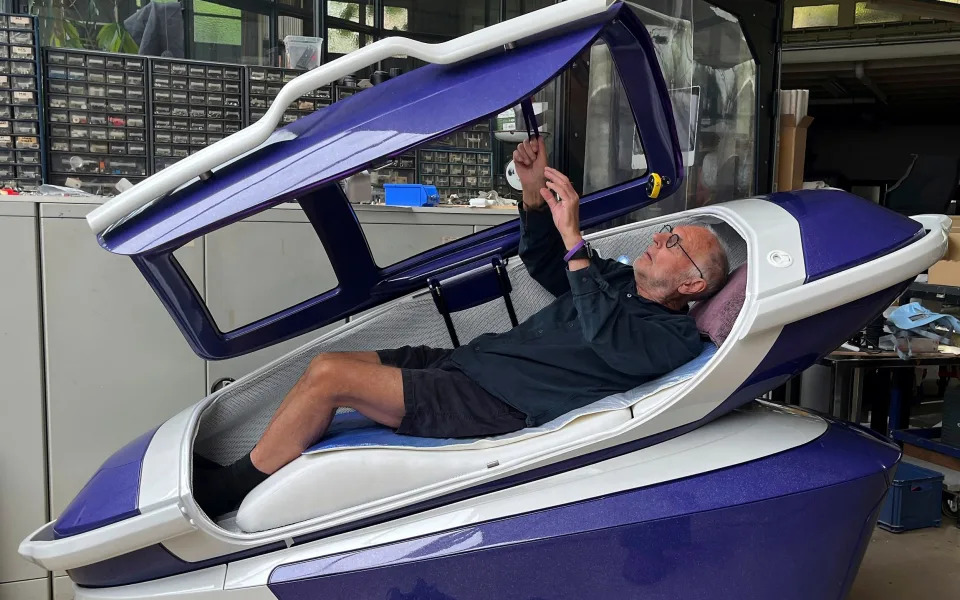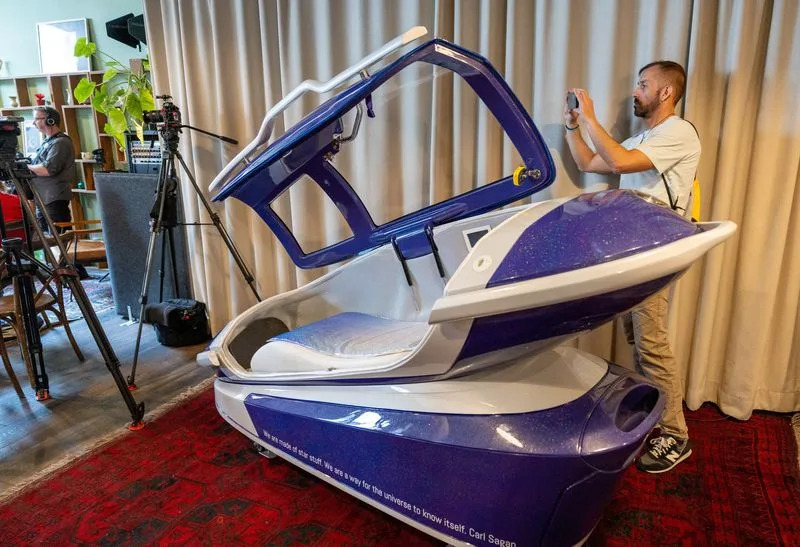CBC
Mon, September 23, 2024

Prime Minister Justin Trudeau, left, appeared as a guest on The Late Show with Stephen Colbert on Monday. (Blair Gable/Reuters; Ringo Chiu/Reuters - image credit)
Prime Minister Justin Trudeau used his debut appearance on The Late Show with Stephen Colbert on Monday to make his case for another term despite facing existential challenges to his leadership and mounting "frustration" from Canadians struggling with the cost of living.
Sitting for the late night talk show interview the day before a non-confidence motion against his government, Trudeau was asked why his political opponents might be trying to get him out of office after nearly a decade in power. In response, Trudeau said he believed the cost of living is to blame.
"Well, it is a really tough time in Canada right now. People are hurting. People are having trouble paying for groceries, paying for rent, filling up the tank… We've lost a little ground over the past decades on building houses, so the housing crisis is a little sharper," he said.
People 'sometimes looking at change'
Trudeau said he believes Canada's economic outlook is slightly more positive than the United States' "on a macro level," but conceded Canadians "don't feel it when they're buying groceries.
"People are frustrated and the idea that maybe they want an election now is something that my opponents are trying to bank on because... People are taking a lot out on me for understandable reasons. I've been here and I've been steering us through all these things and people are sometimes looking at change," he continued.
Trudeau said he was determined to "keep fighting" for another term as prime minister.
The exchange was the most pointed during an interview with a largely sunny tone, despite the prime minister facing a far darker mood in Ottawa. Trudeau's government is expected to face a non-confidence motion Tuesday from the Conservative party, which is riding a double-digit advantage in the polls.
The motion would be the first step toward an early election if passed, but it is destined to fail as the NDP and Bloc Quebecois have already said they will vote it down and allow the Liberals to survive.

Prime Minister Justin Trudeau, flanked by his security, waves as he arrives to the CBS studios for the filming of "The Late Show with Stephen Colbert" in New York on Sept. 23, 2024.
Prime Minister Justin Trudeau, flanked by his security, waves as he arrives to the CBS studios for the filming of The Late Show with Stephen Colbert in New York on Monday. (Sean Kilpatrick/The Canadian Press)
Still, the political play is another test of Trudeau's leadership after a bruising summer that ended with the Liberals losing the governance agreement with the NDP and two long-held seats in a pair of byelections.
Aside from the brief exchange about the non-confidence vote, Colbert and Trudeau bantered throughout most of the interview Monday about trivial questions Americans might have for Canadians — like why Canadian change ends up in Americans' pockets, whether Canadian bacon is the same as ham and whether the nation "burned" money with the image of the late Queen Elizabeth after her death in 2022.
Trudeau did not take an opportunity to criticize Conservative Leader Pierre Poilievre when Colbert said the latter has been referred to as "Canada's Trump." Instead, the prime minister responded with common campaign points about the Liberals' policies on climate change, dental care and $10-a-day childcare.
Trudeau also sidestepped a joke about a conspiracy theory falsely claiming Haitian immigrants were eating cats and dogs in Springfield, Ohio, which was repeated by former U.S. president Donald Trump during a presidential debate.
"I'm gonna move right past that one," Trudeau said.
Colbert did not otherwise ask Trudeau to weigh in on the U.S. presidential election between Trump and Vice-President Kamala Harris.
The interview was shot during Trudeau's trip to New York, where Trudeau met with leaders ahead of the 78th gathering of the United Nations General Assembly. The Late Show is largely tailored to an American audience but airs in Canada. Interview clips are also shared across Instagram and TikTok, where the show has nearly five million followers.
RuPaul Charles, the host of the show RuPaul's Drag Race, was also a guest on Monday but did not interact with Trudeau. The prime minister made an appearance on the Canadian version of the drag queen competition series last year.




